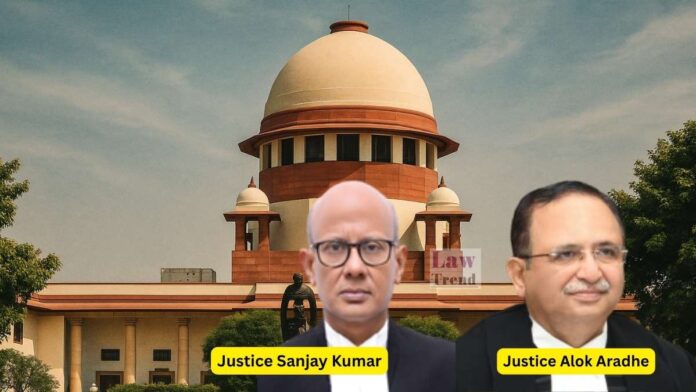The Supreme Court has held that a judgment debtor cannot seek to set aside an auction sale on grounds that could have been raised before the drawing up of the sale proclamation. The Bench of Justice Sanjay Kumar and Justice Alok Aradhe ruled that Order XXI Rule 90(3) of the Code of Civil Procedure, 1908
To Read More Please Subscribe to VIP Membership for Unlimited Access to All the Articles, Download Available Copies of Judgments/Order, Acess to Central/State Bare Acts, Advertisement Free Content, Access to More than 4000 Legal Drafts( Readymade Editable Formats of Suits, Petitions, Writs, Legal Notices, Divorce Petitions, 138 Notices, Bail Applications etc.) in Hindi and English.




